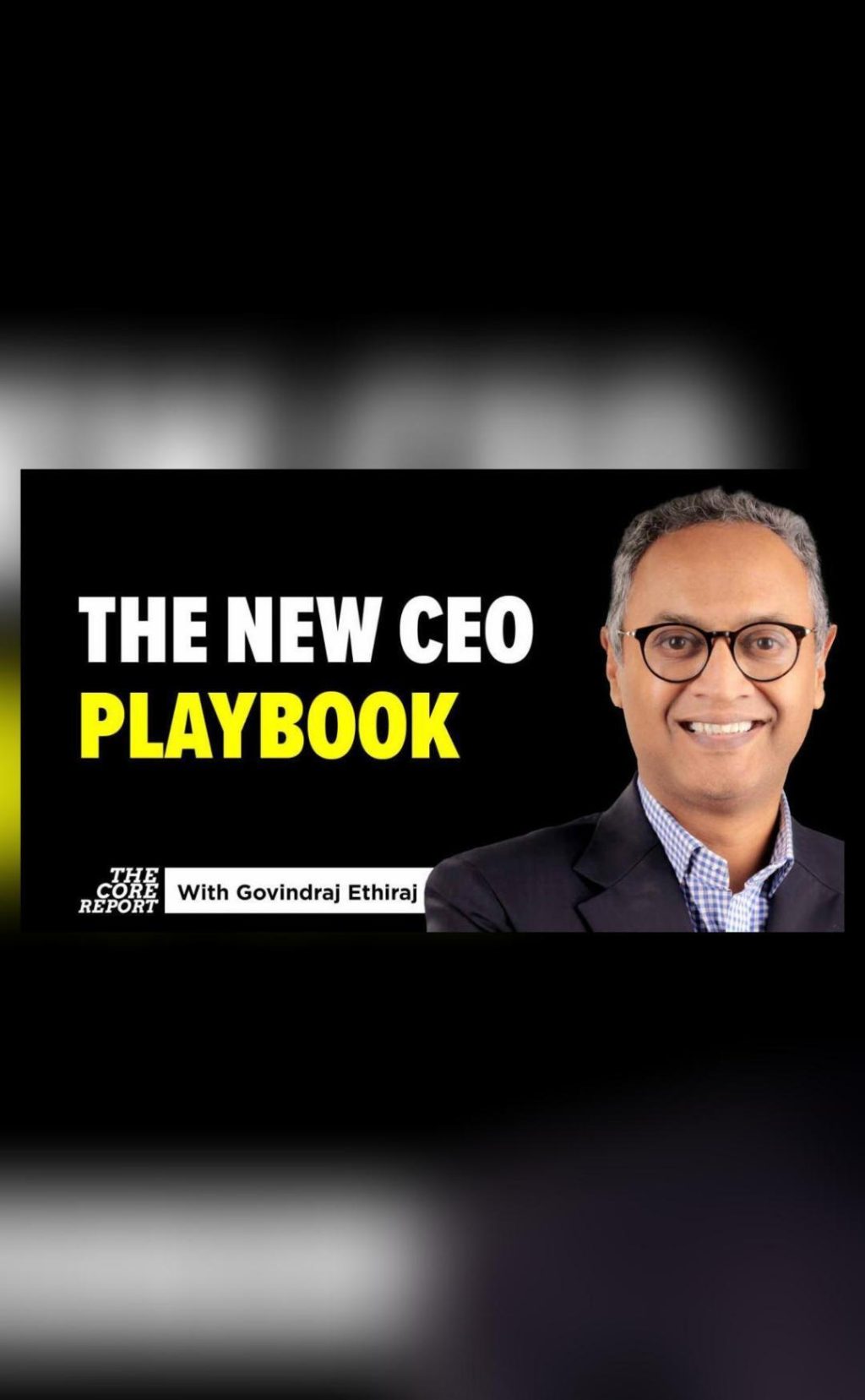
The New CEO Playbook: AI Pressures & Global Tariff Shocks
As we navigate the complexities of the 21st century, business leaders are confronted with unprecedented challenges. The dual pressures of artificial intelligence (AI) reshaping industries and global tariff shocks disrupting trade have left CEOs scrambling to adapt and innovate. In this new reality, companies are being pushed to localize, adapt, and reconsider long-held business models. In this article, we’ll explore the implications of AI pressures and global tariff shocks on the CEO playbook, and provide insights on how business leaders can thrive in this rapidly changing landscape.
AI Pressures: The Internal Challenge
The rise of AI has transformed industries at an unprecedented pace. From customer service to supply chain management, AI has the potential to automate and optimize processes, freeing up human resources for more strategic and creative tasks. However, this shift also presents a daunting challenge for CEOs. As AI takes over routine tasks, companies must retrain and upskill their workforce to adapt to the new reality.
According to a recent survey by Accenture, 85% of CEOs believe that AI will change the way their companies operate, but only 20% have a clear strategy in place to leverage AI. This disconnect highlights the need for CEOs to prioritize AI adoption and integration into their business strategy.
Tariff Shocks: The External Challenge
The global trade landscape has become increasingly turbulent, with tariffs and trade wars disrupting supply chains and affecting global trade patterns. The impact is felt across industries, from manufacturing to agriculture, and has left CEOs grappling with the uncertainty of global trade policies.
A recent report by the World Economic Forum noted that trade tensions have led to a decline in global trade, with the volume of international trade falling by 1.2% in 2019. This decline has resulted in reduced demand, higher costs, and increased uncertainty for businesses.
The New CEO Playbook: Adapting to AI Pressures and Global Tariff Shocks
In the face of these challenges, CEOs must rethink their strategy and operations to remain competitive. Here are some key takeaways from the new CEO playbook:
- Embrace AI Adoption: AI has the potential to revolutionize industries, but it requires careful planning and execution. CEOs must prioritize AI adoption and integration into their business strategy, focusing on areas such as customer service, supply chain management, and data analysis.
- Localize and Adapt: In the face of global tariff shocks, CEOs must be prepared to localize their operations and adapt to changing trade policies. This may involve diversifying supply chains, negotiating new trade agreements, and investing in local talent.
- Rethink Business Models: The rise of AI and trade disruptions requires CEOs to rethink their business models. Companies must be prepared to pivot and adapt to changing market conditions, focusing on areas such as digital transformation, sustainability, and customer experience.
- Invest in Employee Development: As AI takes over routine tasks, CEOs must prioritize employee development and upskilling. This involves investing in training programs, mentorship, and talent development to ensure that employees have the skills to thrive in an AI-driven economy.
- Embrace Uncertainty: The new CEO playbook requires CEOs to embrace uncertainty and adapt to changing market conditions. This involves building resilience, diversifying risk, and staying agile in the face of global tariff shocks and AI pressures.
Conclusion
The new CEO playbook is a complex and dynamic document, requiring business leaders to adapt to the dual pressures of AI and global tariff shocks. By embracing AI adoption, localizing and adapting to changing trade policies, rethinking business models, investing in employee development, and embracing uncertainty, CEOs can thrive in this rapidly changing landscape.
As we navigate the complexities of the 21st century, one thing is clear: the new CEO playbook is all about adaptability, resilience, and a willingness to evolve. Whether you’re a seasoned CEO or just starting out, the key to success lies in embracing the challenges of AI pressures and global tariff shocks, and using them as an opportunity to transform and grow your business.
Watch the interview with McKinsey & Company’s Senior Partner, Dominic Barton, to learn more about the impact of AI and global tariff shocks on the CEO playbook.
Source: https://youtu.be/0osLVVtj7tY






